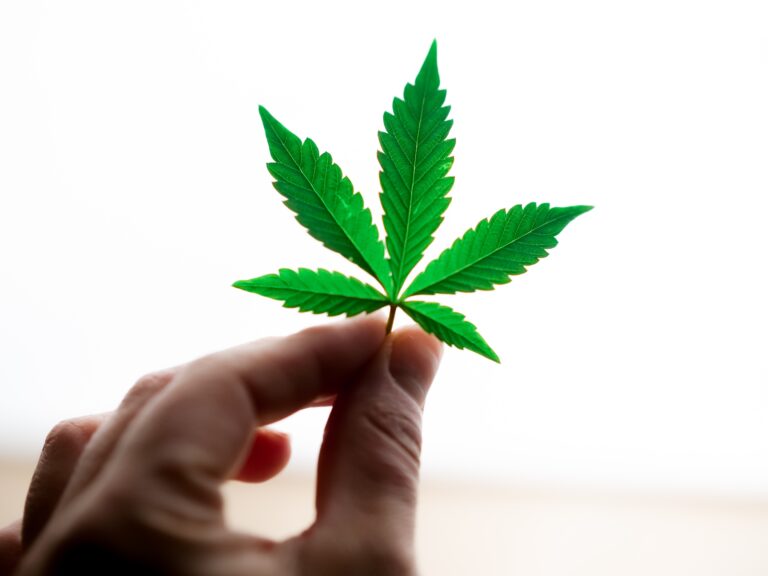Is Marijuana Legal in Lithuania?
In Lithuania, marijuana is classified as an illegal drug. Both the possession and sale of cannabis are strictly prohibited and punishable by law. Despite the global trend towards decriminalization and legalization of marijuana for medical and recreational purposes, Lithuania has not made any significant changes to its drug policies. However, the country has made some progress in recent years by allowing the use of certain cannabis-derived products for medical purposes.
What is the Public Opinion on Cannabis in Lithuania?
Public opinion on cannabis in Lithuania remains divided. While some people support the idea of decriminalizing marijuana and allowing its use for medical purposes, others are against any form of legalization. A recent poll conducted by the Lithuanian National Radio and Television (LRT) found that 46% of respondents supported the idea of legalizing marijuana for medical use, while 41% opposed it. The remaining 13% were undecided.
It is worth noting that the younger generation tends to be more open to the idea of cannabis legalization, while older generations remain more conservative in their views. As public opinion evolves, it is possible that the country’s stance on cannabis may change in the future.
What are the Laws, Penalties, and Law Enforcement regarding Cannabis in Lithuania?
The Lithuanian Penal Code and the Law on Control of Narcotic and Psychotropic Substances regulate the possession, sale, and use of cannabis. The penalties for cannabis-related offenses in Lithuania are as follows:
- Possession: Possession of small amounts of cannabis for personal use is considered a misdemeanor, punishable by a fine of up to €579 or administrative arrest for up to 30 days.
- Sale: Selling or distributing cannabis is a criminal offense, punishable by imprisonment of up to 2 years for small amounts, and up to 10 years for larger quantities or involvement in organized drug trafficking.
- Use: Using cannabis is also a misdemeanor, punishable by a fine of up to €289 or administrative arrest for up to 15 days.
Law enforcement agencies in Lithuania take a strict approach towards drug offenses, including those related to cannabis. Police officers often carry out random searches and drug tests, particularly in areas known for drug use.
What is Cannabis Called in Lithuania?
In Lithuania, cannabis is commonly referred to as žolė, which translates to grass in English. Other popular slang terms for marijuana include ganja and hash.
Is CBD Legal in Lithuania?
Cannabidiol (CBD), a non-psychoactive compound found in cannabis plants, is legal in Lithuania, provided it contains no more than 0.2% THC. CBD products are widely available and can be purchased without a prescription. These products are mainly used for their potential health benefits, such as reducing anxiety, inflammation, and pain.
Is Medical Marijuana Legal in Lithuania?
Medical marijuana is not fully legal in Lithuania. However, in 2019, the Lithuanian government approved the use of cannabis-based medicines for patients suffering from certain medical conditions, such as multiple sclerosis, cancer, and epilepsy. These medicines are available only with a doctor’s prescription and must be obtained from a licensed pharmacy.
Can I Grow Marijuana in Lithuania?
It is illegal to grow marijuana in Lithuania. Cultivating cannabis plants for personal use or sale is punishable by imprisonment, with penalties ranging from 2 to 15 years, depending on the scale of the operation and involvement in organized drug trafficking.
What are the Government Laws and Resources regarding Cannabis in Lithuania?
For more information on cannabis laws and regulations in Lithuania, you can refer to the following resources:
- Lithuanian Penal Code (in Lithuanian)
- Law on Control of Narcotic and Psychotropic Substances (in Lithuanian)
- European Monitoring Centre for Drugs and Drug Addiction (EMCDDA) – Lithuania Country Report
It is essential to stay informed about the current laws and regulations regarding cannabis in Lithuania to avoid potential legal consequences. While the country has taken some steps towards allowing the use of cannabis-derived medicines, the recreational use of marijuana remains strictly prohibited.
